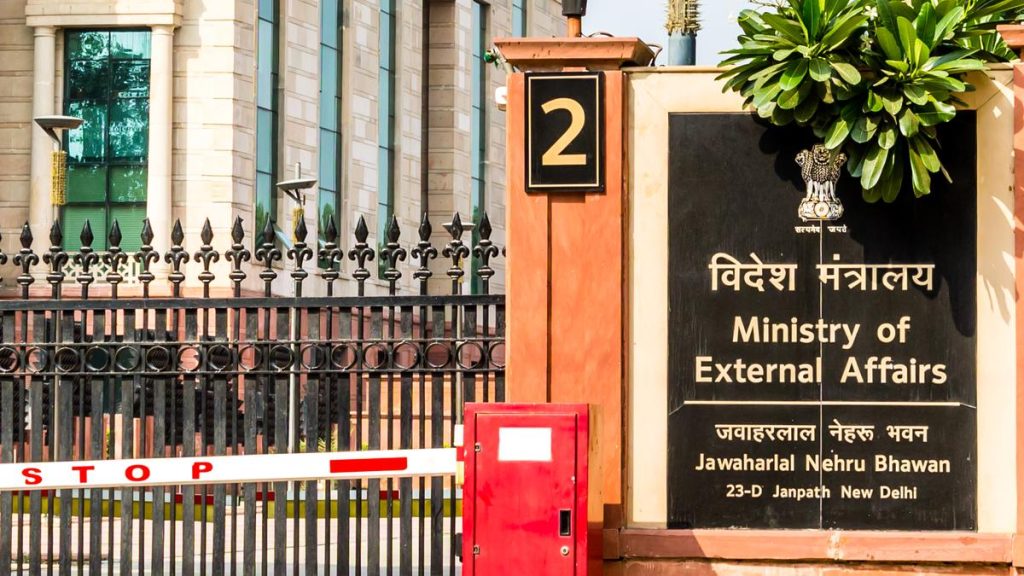Now Reading: Elderly Kerala Woman Loses ₹10 Lakh in ‘Surprise Gift’ Cyber Scam
-
01
Elderly Kerala Woman Loses ₹10 Lakh in ‘Surprise Gift’ Cyber Scam
Elderly Kerala Woman Loses ₹10 Lakh in ‘Surprise Gift’ Cyber Scam

Rapid Summary
- The Thrikkakara police in Kochi, Kerala, have registered an FIR against a man named Morgan Kelvin Alen of kakkanad for allegedly duping a 59-year-old woman of over ₹10 lakh.
- The accused reportedly befriended the complainant via social media, claiming he was from the UK.
- Using a false narrative, the accused convinced her about sending a “surprise gift” intercepted by Customs at Delhi airport due to gold, gadgets, and foreign currency in the parcel.
- Under pressure from threats that legal action would be taken if customs duty was not paid, the victim transferred ₹10.78 lakh across multiple bank accounts between July 27 and August 15.
- The victim realized it was fraud and approached police on September 19. Police have now initiated an investigation into the matter.
- A police officer highlighted that such scams reflect tactics often used by cyber fraudsters and underline the importance of public awareness.
Indian Opinion Analysis
This incident underscores emerging vulnerabilities within online interactions as digital platforms expand their usage among diverse demographic groups. While social media can foster global connections, it also creates opportunities for scammers preying upon trust or fear to manipulate unwitting individuals. That a sizeable amount-₹10.78 lakh-was lost before detection indicates both sophistication in fraudulent operations and gaps in awareness about such schemes.
India continues its digital transformation journey with increasing online penetration across age groups; thus stronger public awareness campaigns aimed at proper use of internet channels need continued emphasis. This case also reflects authorities’ vital role in quickly responding to cybercrime complaints while together improving mechanisms for verifying international communications or transactions flagged by users.
The lessons from this incident must drive greater information dissemination targeting vulnerable groups regarding basic protocols like refusal to share sensitive data or comply with unsolicited requests involving transactions.
Read more: The Hindu























